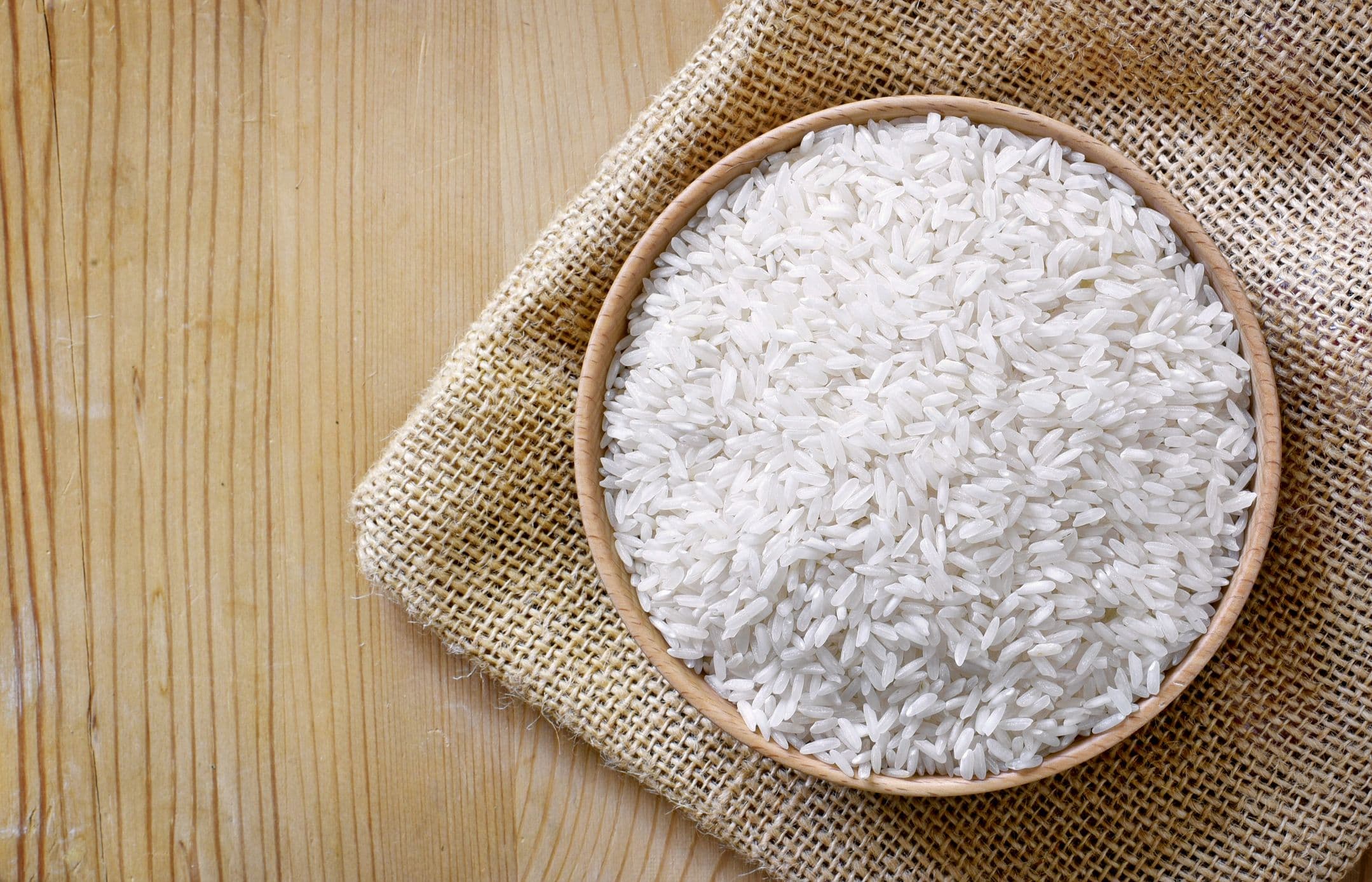Introduction
Sourdough bread has gained popularity in recent years not only for its unique flavor and crispy texture but also for its potential health benefits. This type of bread is made using a natural fermentation process that involves bacteria and yeasts present in the environment, giving it distinctive characteristics.

Is Sourdough Bread Healthy?
Sourdough bread has become a popular choice for those seeking a healthier alternative to conventional bread. This type of bread is made from a mixture of flour and water that is left to ferment with natural bacteria and yeasts present in the environment. The fermentation process not only gives sourdough bread its characteristic slightly sour taste but also contributes to its unique nutritional profile. Key health aspects of sourdough bread include higher nutrient bioavailability, a lower glycemic index, and better digestibility compared to other types of bread.

Nutritional Benefits of Sourdough Bread
Sourdough bread is an excellent source of essential nutrients. During the fermentation process, bacteria and yeasts break down some of the components of the flour, increasing the bioavailability of minerals like iron, zinc, and magnesium. Additionally, sourdough bread contains a good amount of fiber, which is beneficial for digestive health and can help maintain healthy blood sugar levels. It is also a source of protein, B vitamins, and antioxidants, making it a nutritious option to include in a balanced diet.

The Impact of Sourdough Bread on Digestion
One of the biggest benefits of sourdough bread is its positive impact on digestion. The natural fermentation process breaks down gluten and other components of the flour that can be difficult to digest. This not only makes the bread easier to digest for many people but can also improve gut health. The beneficial bacteria present in sourdough bread can act as probiotics, promoting a healthy balance of gut flora and improving overall digestion.

Is Sourdough Bread Suitable for People with Gluten Intolerance?
Sourdough bread may be a better option for some people with gluten sensitivity, although it is not completely gluten-free. The fermentation process breaks down some of the gluten present in the flour, which may make it more tolerable for those with mild sensitivity. However, it is important to note that sourdough bread is not safe for people with celiac disease or severe gluten intolerance, as it still contains gluten in amounts that can be harmful.

How to Store Sourdough Bread to Keep It Fresh
Sourdough bread, being a natural product without artificial preservatives, requires proper storage to maintain its freshness and flavor. Here are some practical tips for storing sourdough bread:
- Room Temperature Storage : Keep the bread in a paper bag or wrapped in a clean kitchen towel. Avoid using plastic bags as they can trap moisture and make the bread gummy.
- Refrigeration : If you plan to consume the bread within a week, you can store it in the refrigerator wrapped in wax paper and then in a plastic bag to control moisture.
- Freezing : To keep the bread for a longer time, slice it and store it in a freezer bag. This way, you can defrost only the portions you need.
The Role of Bacteria and Yeasts in Sourdough Bread
Sourdough bread owes its unique texture and flavor to the fermentation process, which is carried out by a combination of natural bacteria and yeasts. These bacteria and yeasts break down the sugars and starches in the flour, producing carbon dioxide that gives the bread its airy structure. Additionally, this prolonged fermentation process improves nutrient bioavailability and reduces antinutrient content, making minerals more accessible to the body. Lactic acid bacteria also contribute to the bread's slightly sour taste and can have probiotic benefits.

Tips for Integrating Sourdough Bread into a Balanced Diet
Sourdough bread can be an excellent addition to a balanced diet, providing essential nutrients and a source of complex carbohydrates. Here are some tips for incorporating it healthily into your daily meals:
- Nutritious Breakfasts : Use sourdough bread as a base for healthy toasts with avocado, eggs, fruits, or nut butters.
- Balanced Sandwiches : Prepare sandwiches with lean proteins, fresh vegetables, and healthy fats for a complete and nutritious lunch.
- Soup and Salad Accompaniments : Add slices of sourdough bread as a side to soups and salads to increase satiety and add texture.
- Healthy Snacks : Enjoy slices of sourdough bread with hummus, guacamole, or fresh cheese as nutritious snacks between meals.
Conclusion
Sourdough bread is not only a delicious addition to any meal but also offers a range of health benefits thanks to its unique fermentation process. From better digestion to increased nutrient bioavailability, sourdough bread stands out as a nutritious and healthy option. By integrating it into a balanced diet and storing it properly, you can enjoy its flavor and benefits at any time.















